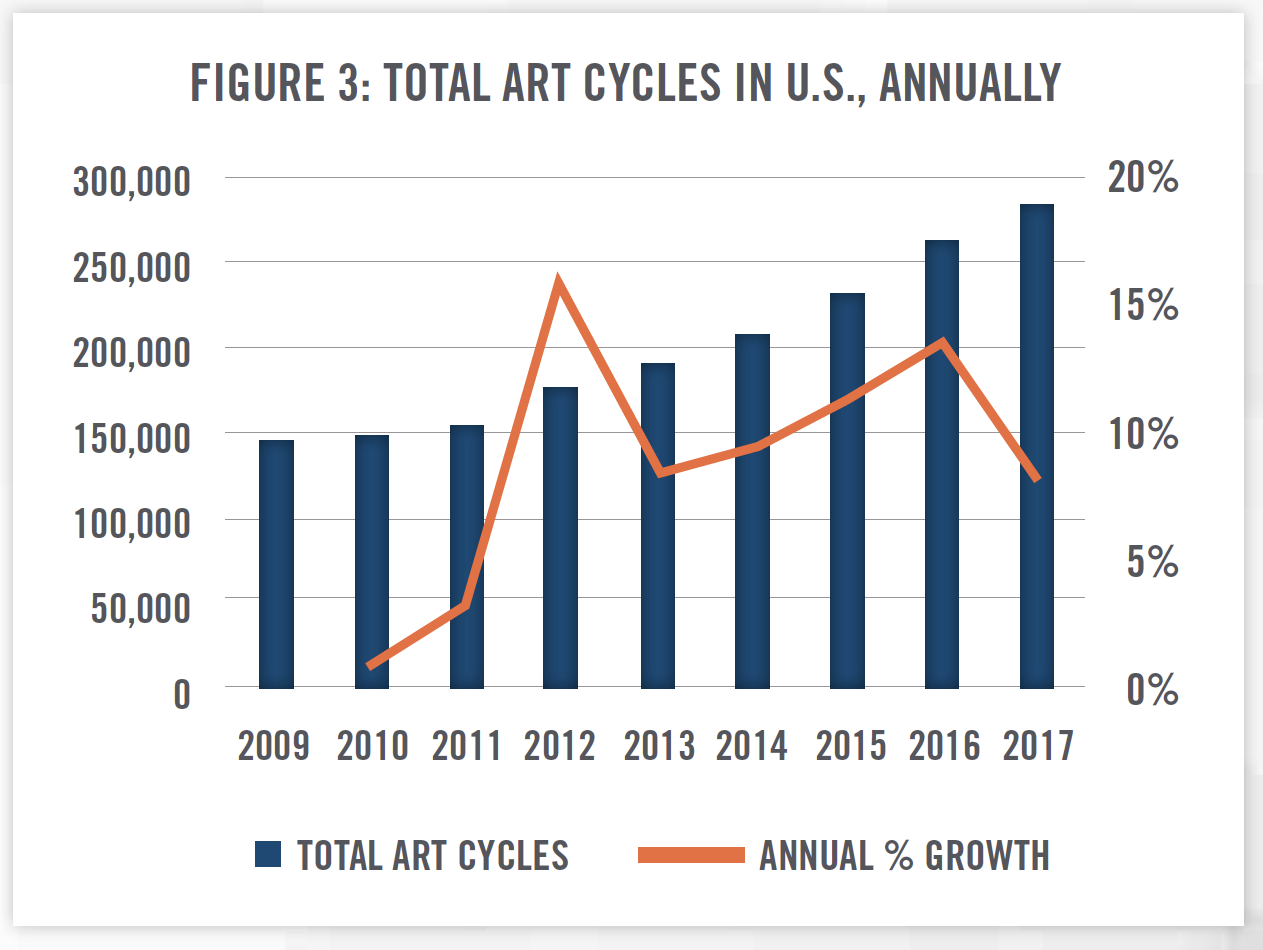Part
01
of four
Part
01
Fertility Clinics in the US
STL Fertility is a clinic that is 100% locally-owned by female physicians. VIOS Fertility Institute is woman-owned and Midwest-based. OVA is owned and operated by a female embryologist. The requested details on these and more privately-owned fertility clinics in the US owned by women are below.
Audubon Fertility
- Audubon Fertility is led by Dr. Lindsay Wells, who is board certified in reproductive endocrinology and infertility. The clinic's goal is to offer the best fertility testing & treatments. Most of the team at Audubon Fertility have personally faced infertility, including Dr. Lindsay.
- The link to the website is here.
- The fertility clinic is located at 4321 Magnolia Street, New Orleans, LA 70115. Its telephone number is 504 891-1390.
STL Fertility
- STL Fertility is 100% locally-owned by female physicians.
- The website link is here.
- STL Fertility is located at 555 North New Ballas Road, Suite 150, St Louis, MO 63141. Its phone number is 314 983-9000, and its email address is contact@stlfertility.com.
Kindbody
- Kindbody is a privately-owned fertility clinic that was founded in 2018 by Gina Bartasi and Joanne Schneider.
- The website link is here.
- Kindbody is located in the following places:
- For the Flatiron, New York clinic, the address is 102 5th Avenue, New York, NY 10011. The telephone number is 347-778-2542.
- In Bryant Park, New York, the clinic's address is 16 E 40th Street, 2nd Floor, New York, NY 10016. The telephone number is 646-751-7755.
- For the FiDi, San Francisco clinic, the address is 88 Sutter Street, San Francisco, CA 94104. The telephone number is 628-777-7064.
- In Santa Monica, Los Angeles, the clinic's address is 1260 15th Street, #1402, Santa Monica, CA 90404. The telephone number is 323-410-1291.
- For Princeton, New Jersey, the address for the clinic is 16 Chambers Street, Princeton, NJ 08542. The telephone number is 609-632-1581.
- The address for the Century City, Los Angeles clinic is Century City Mall / Space #2897, Los Angeles, CA 90067. The telephone number is 424-321-7051.
Future Family
- Future Family was started by its CEO Claire Tomkins after going through six rounds of IVF to conceive her daughter.
- The website link is here.
- Future Family's headquarters are located at 655 Montgomery St, Floor 7, San Francisco, CA.
VIOS Fertility Institute
- VIOS Fertility Institute is woman-owned and Midwest-based.
- The website link is here.
- VIOS Fertility Institute has 10 locations in and around Chicago, Milwaukee, and St. Louis.
- The locations and addresses include:
- 2040 Ogden Ave, Suite 107, Aurora, IL 60504, telephone 630.978.6254.
- Wicker Park, 1455 N. Milwaukee Ave, 2nd Floor, Chicago, IL 60622. The telephone is 773.435.9036.
- West Loop IVF Lab, 333 S. Desplaines, Suite 201, Chicago, IL 60661. Its telephone is 773.435.9029.
OVA
- OVA is the only lab-powered egg freezing program by America's top independent fertility labs owned and operated by a female embryologist.
- A link to the website is here.
- The address is 401 N. Michigan Avenue, Suite 1800, Chicago, IL 60611.
Modern Fertility
- Afton Vechery and Carly Leahy founded modern Fertility to help "those with ovaries understand their chances of conception earlier in life." It offers a fertility hormone test at home or in a lab and a fertility profile based on the test results.
- A link to the website is here.
- Modern Fertility's address is 450 Alabama St., 94110 San Francisco, CA, US.
Dr. Aimee Eyvazzadeh's Clinic
- Dr. Aimee is an internationally recognized visionary in fertility medicine. She uses her trademarked TUSHY method to help her patients to uncover vital fertility knowledge in her clinic.
- A link to the website is here.
- The clinic is located at 5401 Norris Canyon Rd, Suite 106, San Ramon, CA 94583.
Carolina Conceptions
- Carolina Conceptions was founded by Dr. Grace Couchman, who is now retired.
- A link to the website is here.
- The main fertility clinic is located at 2601 Lake Drive, Suite 301, Raleigh, NC 27607. Its telephone number is 919.782.5911 x3.
Family Fertility Center
- Family Fertility Center is a private infertility practice founded in 1994 by Dr. H. Christina Lee.
- A link to the website is here.
- The Center is located at 95 Highland Ave. , Suite 100, Bethlehem, PA 18017 . Its telephone number is 610-868-8600.
